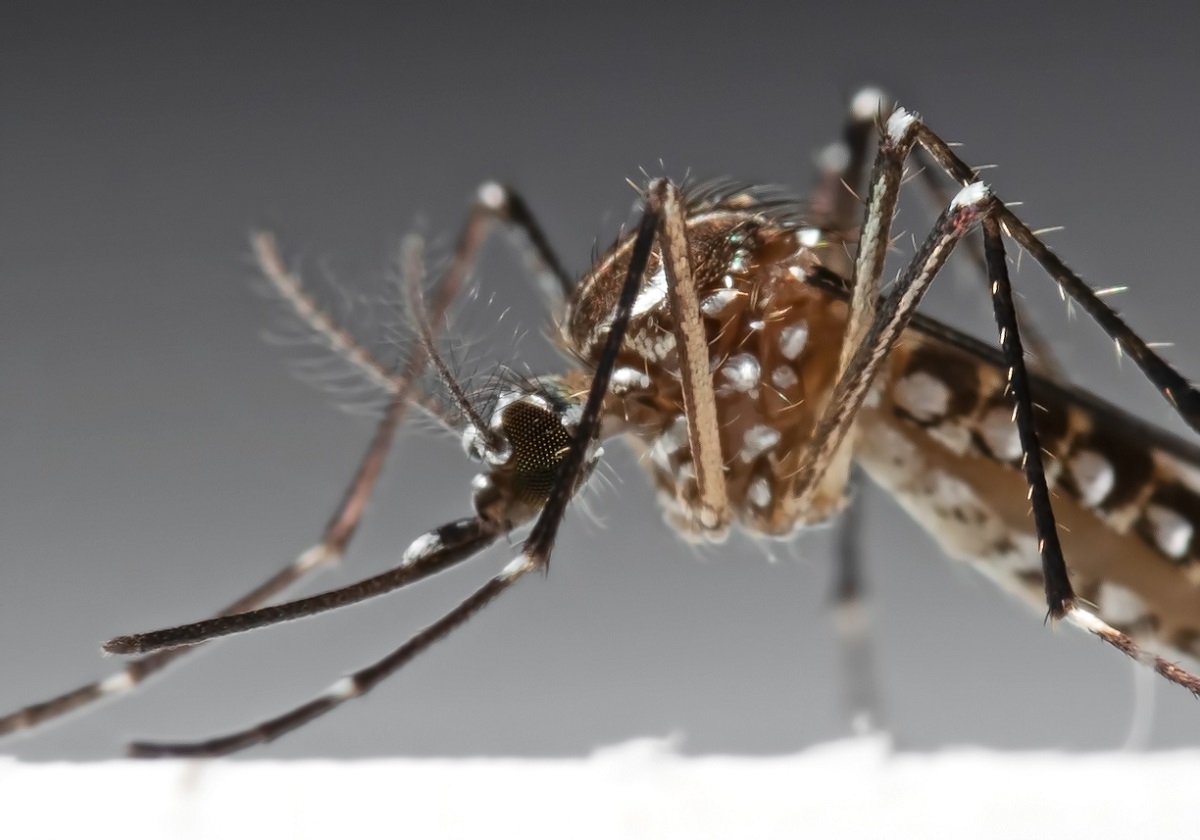
Scientists Explore on Genetic Transformation of Mosquitoes
October 7, 2020| |
Genetically engineered mosquitoes were successfully developed by scientists from Mexico using microparticle bombardment. The details of their study are released in Insect Molecular Biology.
Mosquitoes are known vectors of life-threatening diseases such as Malaria, Yellow Fever, Dengue, Zika, and Chikungunya. Thus, experts are using new strategies to genetically manipulate the mosquito population. However, such techniques cause a research bottleneck because of low efficiency, the need for complicated equipment, and highly skilled manpower. Thus, researchers from Centro de Investigación y de Estudios Avanzados del IPN tried transgenerational genetic transformation of Aedes aegypti, using the particle inflow gun, by integrating the ecfp gene in the AAEL000582 mosquito gene with the CRISPR‐Cas9 technique. This led to a mean efficiency of 44.5% of bombarded individuals (G0) that exhibited ECFP expression in their tissues, and a mean of 28.5% transformation efficiency measured on G1 individuals. The same strategy was used on Anopheles albimanus genome, achieving a mean efficiency of 43.25% of bombarded individuals (G0) that exhibited EGFP expression in their tissues. However, inheritance of the transgene was observed in the succeeding generation only on Ae. aegypti, because transformed An. albimanus individuals did not survive at the pupal stage of the G0 generation.
For more information, read the original article in Insect Molecular Biology.
| |
You might also like:
- Oxitec's Friendly™ Mosquito Approval Published in Federal Register; Unanimous Approvals in State of Florida
- U.S. EPA Grants Approval to Conduct GE Mosquito Field Trials
- Pocket K No. 55: Biotech-improved Animals
Biotech Updates is a weekly newsletter of ISAAA, a not-for-profit organization. It is distributed for free to over 22,000 subscribers worldwide to inform them about the key developments in biosciences, especially in biotechnology. Your support will help us in our mission to feed the world with knowledge. You can help by donating as little as $10.
-
See more articles:
-
News from Around the World
- Researchers Sequence Genomes of 600 Green Millet Plants, Find Gene for Dispersal
- Paraguay Simplifies Procedures in the Approval of GE Crops
- Transgenic Hybrid Corn Harvest Boosts Cuba's Confidence in Corn Yield
- FSANZ Seeks Public Comment for GM Corn Approval
- Farmer Survey Reveals Significant Economic, Environmental Benefits From GM Corn in Vietnam
- Research Explains Farmer Reluctance to Adopt New Technologies
- Gene for Resistance to Devastating Tomato Virus Now Identified
-
Research Highlights
- Meta-analysis Detect Candidate Rice Genes Involved in Salt Tolerance
-
Plant
- DNA-Free Screening System for Gene Editing in Hot and Sweet Bell Peppers
- Scientists Explore on Genetic Transformation of Mosquitoes
- Researchers Develop Pale Purplish-Pink Petunia via CRISPR-Cas9
-
Health
- Researchers Engineer Drug-Like Compounds that Disable SARS-CoV-2's Replication Engine
-
Read the latest: - Biotech Updates (December 17, 2025)
- Gene Editing Supplement (December 17, 2025)
- Gene Drive Supplement (February 22, 2023)
-
Subscribe to BU: - Share
- Tweet

